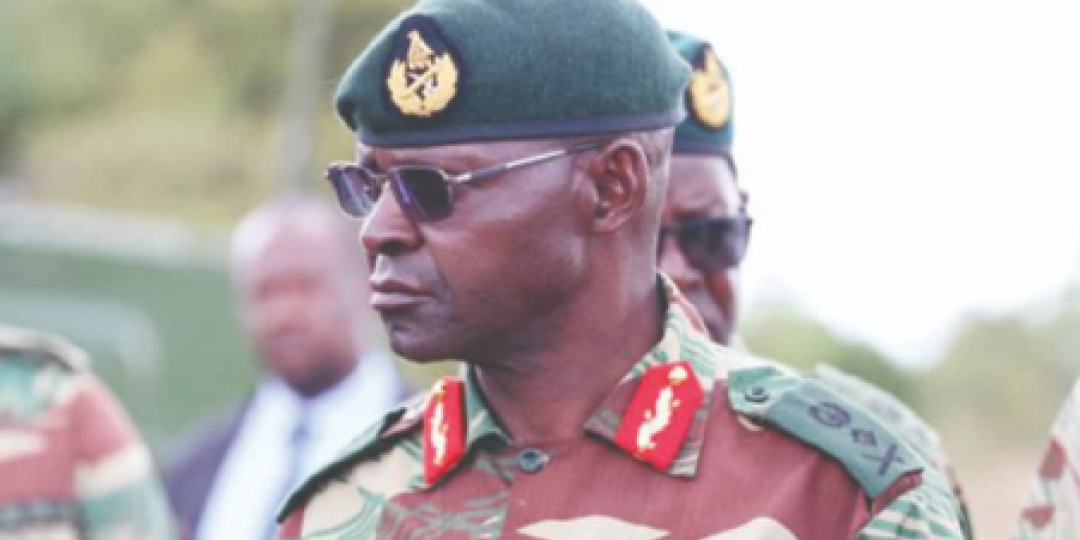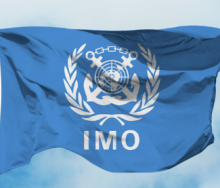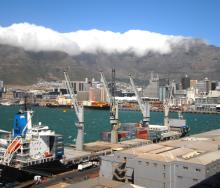Zimbabwe's internal security situation is tense, with President Emmerson Mnangagwa taking steps to consolidate power amid fears of a potential coup.
Reports from Zimbabwe show that Mnangagwa’s government is looking unstable, despite the recent dismissal of the army chief and former confidante of the president.
The summary dismissal of Lieutenant General Anselem Sanyatwe marked the third high-ranking security official to be removed in a short period.
Analysts interpret this as an effort to pre-empt unrest from former allies, particularly as veterans of the country's liberation war have called for nationwide protests demanding his resignation.
The government has deployed police heavily in major cities, including Harare, to neutralize protests, leading to widespread business closures and a subdued atmosphere across the country.
The economic crisis, characterized by hyperinflation and low wages, has exacerbated the security situation.
Reports indicate growing indiscipline among security forces, with some resorting to criminal activities due to financial desperation.
The government has also expressed concerns about foreign influence fuelling unrest, emphasising the need for national unity and vigilance.
Because of the deleterious domestic situation, supply chain services in Zimbabwe, especially transport and warehousing, are facing significant challenges.
The high-risk environment has led to cautious behaviour among suppliers, both local and external, who are hesitant to engage in formal risk-sharing mechanisms with Zimbabwean retailers.
The lack of trust and coordination have further disrupted supply-chain operations, particularly in the food retail industry.
The ongoing political repression and economic mismanagement continue to deter investment and exacerbate supply-chain vulnerabilities.
Amid the widespread deployment of riot police in certain urban areas, the situation on the ground remains calm but tense, with scuffles between civilians and police reported from some areas.













